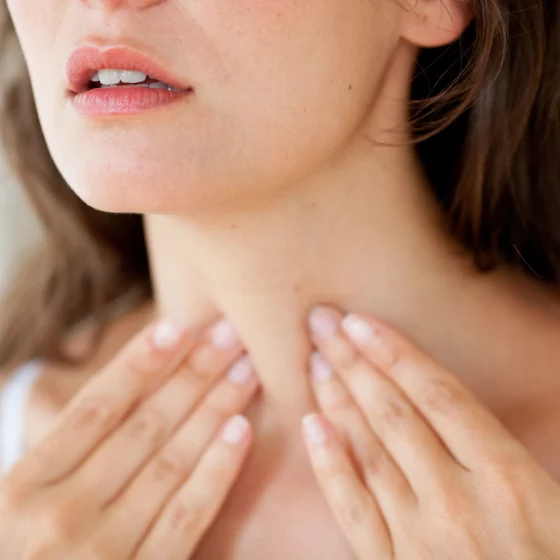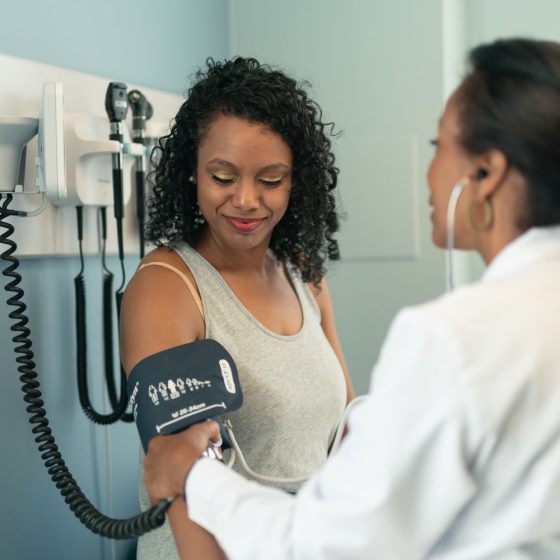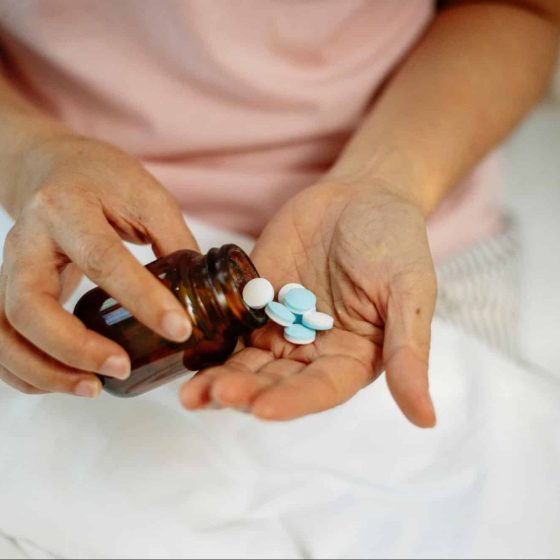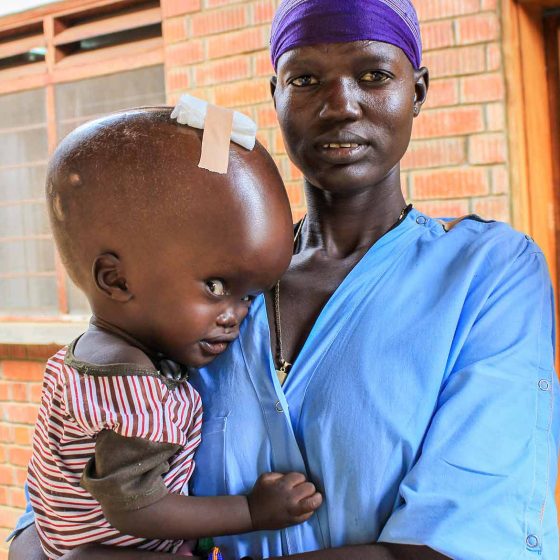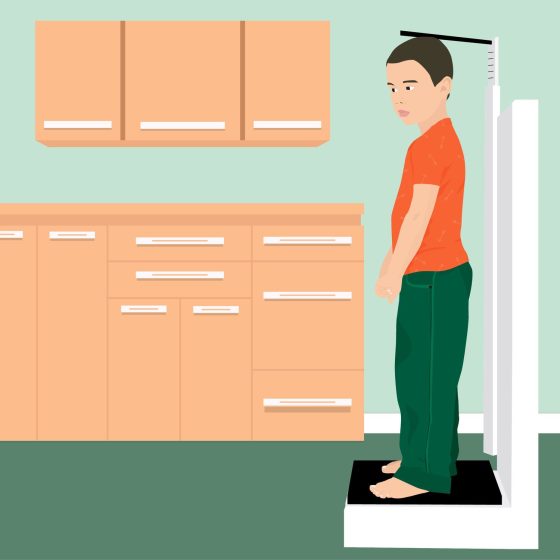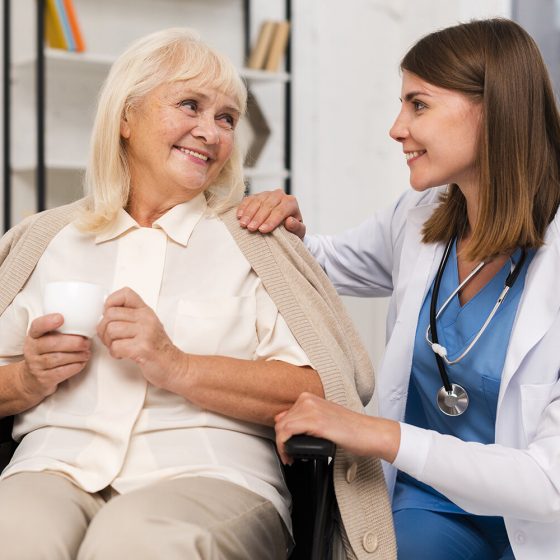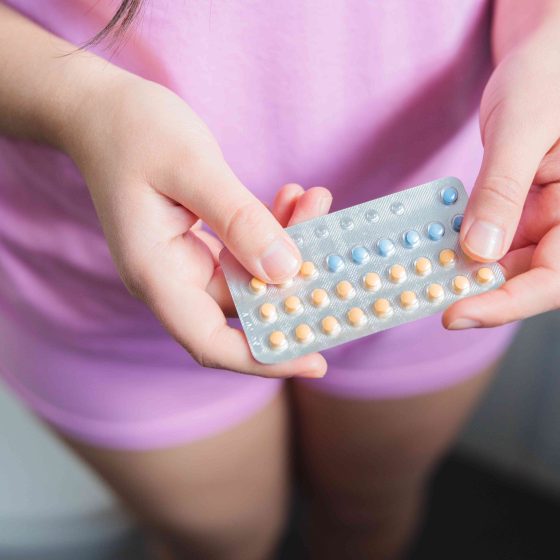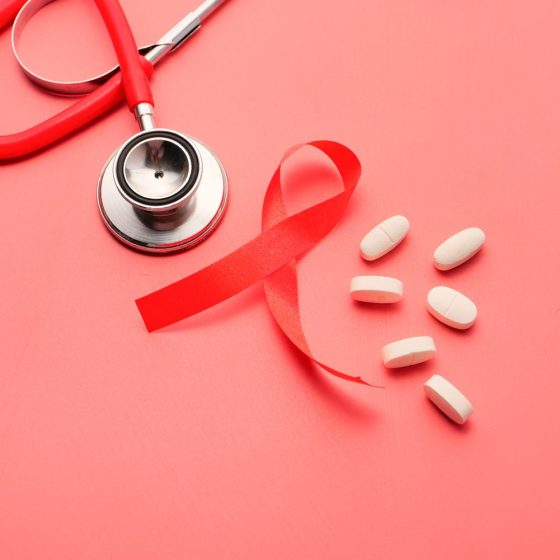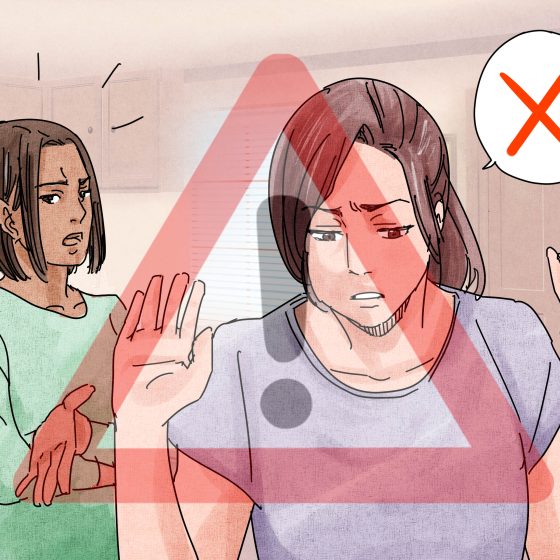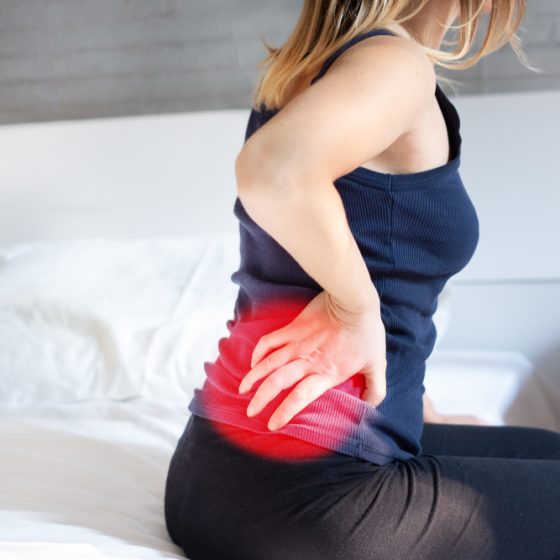Hypoglycaemia (low blood sugar)
What is hypoglycaemia? Hypoglycaemia (hypo), is when you have diabetes and have too little glucose (sugar) in your blood. A blood glucose level lower than 4 mmol/L is considered hypoglycaemic. What causes hypoglycaemia? A hypo can happen for many reasons such as: using too much insulin or too much of your glucose lowering medicine delaying or missing a meal or snack being more active or exercising more than usual a hypo can happen 12-15 hours after exercise a hypo can happen while you are asleep not eating enough carbohydrates carbohydrates are found in potatoes, bread and pasta drinking alcohol, especially without much food

